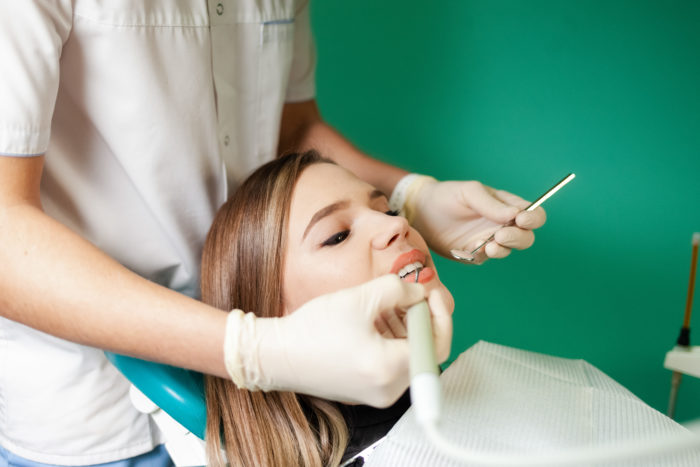Teeth Grinding

Tooth Grinding – Causes and Remedies
Tooth grinding, also known as Bruxism, affects anywhere from one in ten to one in three adults. It is also fairly common in children, but most kids grow out of it by time they are teens.
What is Tooth Grinding, or Bruxism?
Simply put, bruxism is a condition characterized by clenching, grinding, or gnashing teeth. Cases range from mild to severe, and can lead to headaches, tooth damage, and jaw disorders if left untreated.
People who clinch or grind their teeth during waking hours are known as having “awake bruxism.” The tooth grinding condition we hear about more commonly is called “sleep bruxism.” The latter is classified as a sleep disorder, along the lines of chronic snoring or sleep apnea.
Symptoms of bruxism
People who grind or clench their teeth may notice a variety of symptoms:
- Misshapen, flattened, chipped, or loose teeth
- Increased tooth sensitivity or pain
- Jaw pain, tight jaw muscles or inability to open mouth all the way
- Headache or earache without another obvious cause
- Disrupted sleep
- Grinding that can be loud enough to wake a partner or roommate
Causes of Tooth Grinding
Dentists and doctors see various causes of bruxism, but a specific reason for it can be tough to pin down.
Stress: Many times tooth grinding is brought on by stress, especially with awake bruxism.
Jaw development: Young children whose jaws and teeth are still developing often have a period of tooth grinding. This tends to go away on its own, usually.
Smoking or some medications: Although uncommon, bruxism can be a side effect of certain antidepressants or of tobacco use.
Family history: If you grind your teeth, check with family members to see if this is possibly a hereditary disorder
Other health issues or disorders: Bruxism can be present in patients with Parkinson’s disease, dementia, gastrointestinal reflux disorder (GERD), epilepsy, sleep apnea, or ADHD
How do you know if you have a tooth grinding condition?
If you are concerned that you may be grinding your teeth, be sure to let your dentist know. They can check for jaw tenderness or broken or missing teeth. They may also take x-rays to see if there is damage that is specific to bruxism, such as flattened or ground-down teeth.
Bruxism treatments
There are a variety of treatments for tooth grinding, depending on severity and underlying cause. As mentioned, most children simply grow out of it. However, in the issue continues into adulthood, you dentist may prescribe a few possible remedies.
Mouth guards or splints
These plastic trays are worn over the teeth to protect them against being worn down by grinding.
In severe cases when teeth are damaged or worn down, your dentist may recommend veneers or crowns
Stress/anxiety management
If it seems that stress or anxiety is the cause, many patients find therapy or relaxation strategies to be helpful
Medication
Muscle relaxants can help with jaw pain, and anxiety medications prescribed by a doctor may help alleviate the underlying cause. Some dentists find that Botox is helpful for patients suffering from bruxism, but this is still a relatively new treatment.
Treatment for sleep disorders
For chronic cases, you may be referred to a sleep specialist or clinic to find professional help for sleep disorders.
As with any oral care concerns, your best resource is your family dentist. The professionals at Smiles for Centreville are always happy to talk to you about any problems or concern you may have. Call us at 703-830-9110 or make an appointment today!
